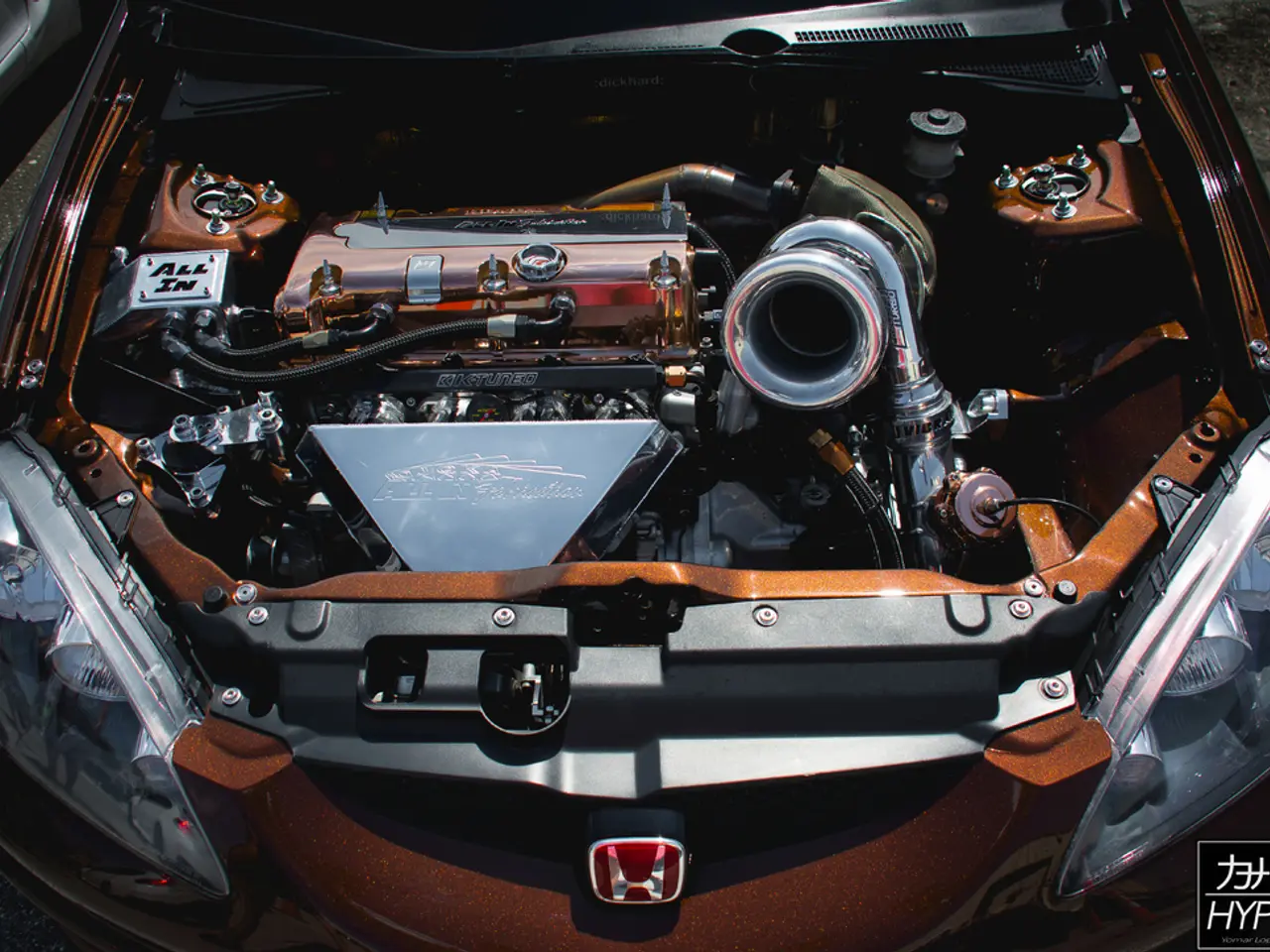Avoiding a new car purchase from a financial perspective, as advised by Dave Ramsey.
================================================================
In a bid to help middle-class families make smarter financial decisions, financial guru Dave Ramsey has offered some insightful advice on car buying. His recommendations aim to help families avoid the depreciation and debt trap associated with new car purchases.
According to Ramsey, new vehicles depreciate very quickly, losing about 60% of their value within the first five years. This rapid depreciation makes them a poor financial investment for those without substantial wealth (less than $1 million in net worth). Financing new cars often involves taking out auto loans, which add debt and interest costs, further straining finances.
To avoid these financial pitfalls, Ramsey recommends choosing used cars instead of new ones, unless you have a net worth exceeding $1 million. This strategy helps to bypass the steep depreciation hit on new vehicles.
When it comes to selecting a used car, Ramsey advises narrowing the choices to those that fit within your budget and meet practical everyday needs. Emphasis should be placed on safety, fuel economy, comfort, and how the car handles typical weather conditions. Being practical rather than desirous is key—selecting functionality over style, for example, preferring a minivan for a growing family over a sporty sedan.
Ramsey also encourages honest self-assessment about lifestyle needs. Consider how many passengers you carry, your cargo space requirements, and fuel efficiency preferences to avoid overspending on unnecessary features.
To implement Ramsey's car-buying philosophy, saving cash for vehicle purchases is essential. This approach eliminates interest payments and forces buyers to purchase within their means. Taking time to research and shop around, exploring dealerships and online listings thoroughly before buying, rather than rushing into the first appealing offer, is also crucial.
The choice between new and used cars, Ramsey argues, ultimately represents a choice between building wealth and appearing wealthy. Families who follow Ramsey's blueprint often find they can afford better cars over time because they don't constantly lose money to depreciation and interest payments.
Ramsey also suggests that the total value of all vehicles a household owns should not exceed 50% of annual income. Adopting this guideline can help families redirect thousands of dollars annually toward building real wealth and achieving financial security.
In summary, Ramsey's core financial advice is to avoid the depreciation and debt trap associated with new car purchases and instead focus on used cars that align with genuine needs, budgeting carefully to avoid loans and excessive insurance costs. Every dollar spent on car payments represents money that could be invested in building long-term wealth. Saving cash for a car purchase builds financial discipline, and middle-class families can reap the benefits of this discipline by choosing reliable used vehicles and paying cash.
- According to financial guru Dave Ramsey, managing personal finances effectively requires savings for vehicle purchases, as purchasing cars with cash eliminates interest payments and helps individuals buy within their means.
- To build wealth and achieve financial security, Ramsey advises adopting the guideline that the total value of all vehicles a household owns should not exceed 50% of their annual income.
- For wealth-management purposes, it's crucial to budget wisely and manage debt when making car-related decisions, as taking out auto loans for new cars can add unnecessary debt and interest costs, potentially hindering financial goals.




